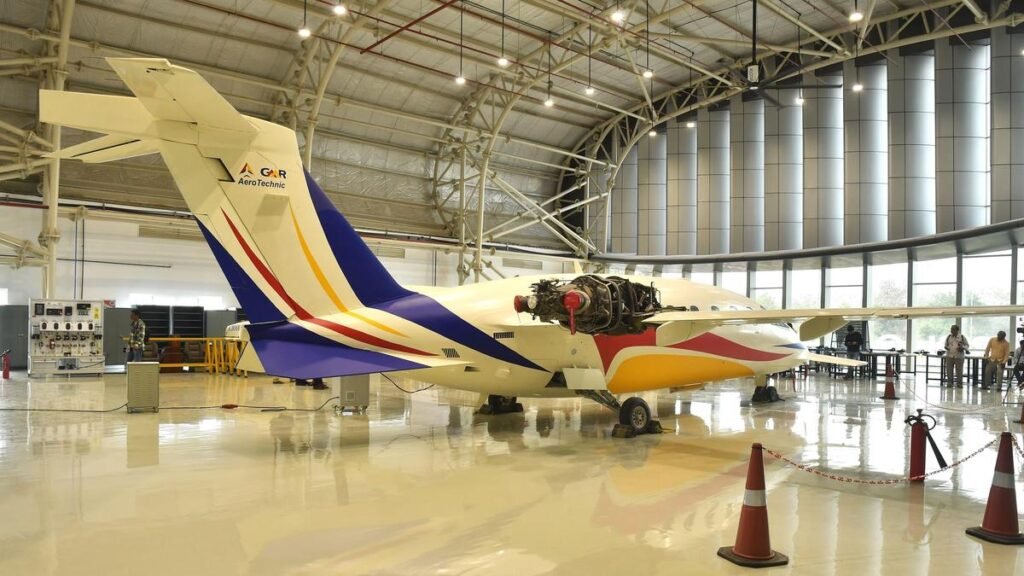Coconut Development Board calls for corrective steps to tackle price volatility
A meeting held by the Coconut Development Board to allay concerns of stakeholders about the recent volatility in coconut prices has suggested strong corrective actions to tackle the situation.
It recommended enhancing productivity through joint efforts of research bodies, ramping up area of expansion, promoting tender coconut varieties, ensuring remunerative prices to farmers, developing predictive price models, maintaining buffer stocks through NAFED etc.
The meeting attributed the reasons for price fluctuations to declining productivity, climatic stress, pest and disease pressures, labour shortages, inadequate data systems and market speculations.
A comprehensive roadmap that emerged spanning productivity enhancement, predictive modelling, farmer support, market intelligence and policy interventions offered a clear pathway to building resilience and sustainability in the sector.
Need for coordinated action
The meeting underscored the need for coordinated action by cooperatives and industry stakeholders to safeguard farmer incomes; stabilise consumer markets and ensure steady growth of India’s coconut sector.
K.B Hebbar, Director, ICAR-Central Plantation Crops Research Institute said that declining productivity was being reported across major coconut-growing countries and the fall in productivity could be linked to rising temperature, erratic rainfall, root-wilt disease, and whitefly infestation. For a perennial crop like coconut, he pointed out that farm management leads to long-term productivity loss and recovery requires equally sustained effort.
He also called for a robust price forecasting model that could provide short and medium-term predictions to guide farmers and policymakers.
Paul Francis, Managing Director of KLF said that labour shortage for copra conversion might have contributed to the price hike in copra and coconut oil. Prior to the price surge in coconut, buying copra was more profitable than conversion. However, once the coconut prices exceeded Rs70 per kg, a significant price disparity occurred, making copra conversion cheaper than direct copra purchase. The labour shortage was caused by a lack of demand for copra conversion, leading labourers to shift away from the industry.
With recovery in coconut supply and return of labourers, the copra prices are expected to decline, he said.
Published on September 9, 2025




